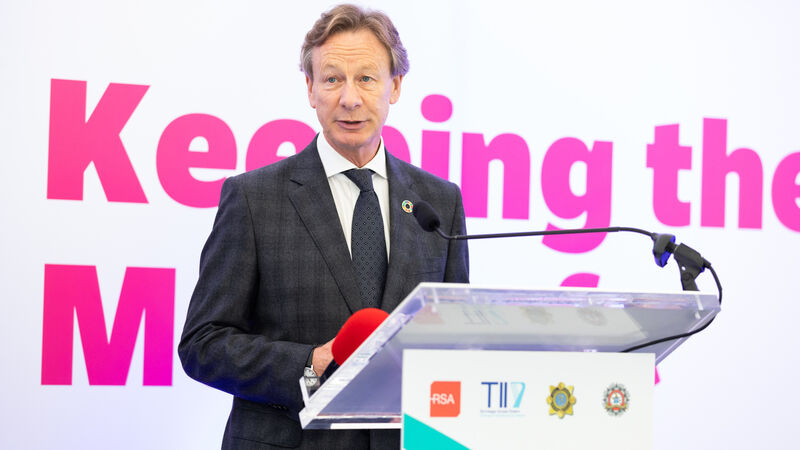€3bn Dublin Airport Metrolink project unlikely to be in use before 2035

Peter Walsh, Chief Executive, Transport Infrastructure Ireland. File Picture: Keith Arkins Media
The €3bn Dublin Airport Metrolink project is unlikely to be in use before 2035 as a best-case scenario, the head of Transport Infrastructure Ireland has said.
Peter Walsh, the chief executive of the agency that has primary responsibility for the project, told the Public Accounts Committee that the best-case scenario would see the project take 13.5 years until completion from the current date.










